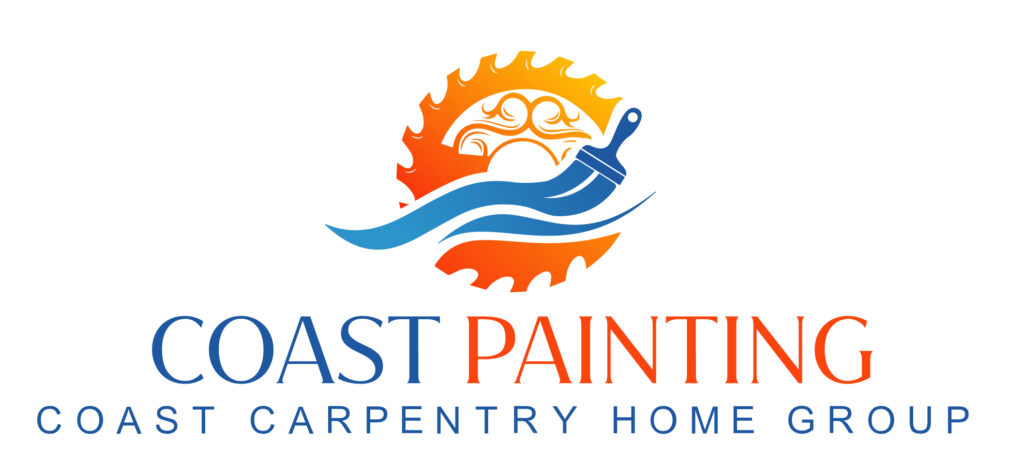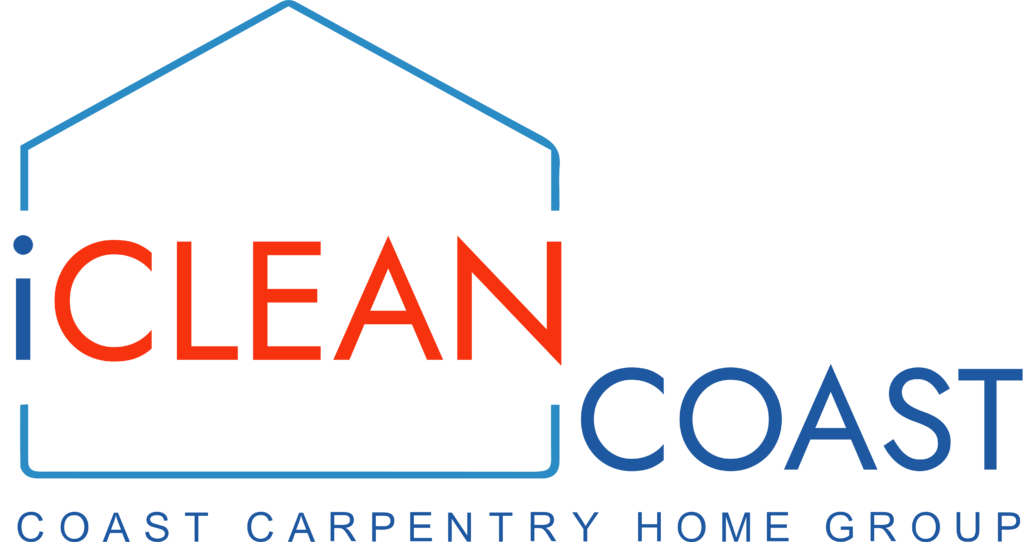An energy-efficient, comfortable, and sustainable home starts with proper insulation. Insulation is vital in maintaining a consistent indoor temperature, reducing energy consumption, and minimizing external noise. Thus, it is essential for homeowners to invest in insulation solutions that cater to their unique requirements and ensure optimal performance. To achieve this objective, partnering with a skilled and reliable insulation contractor is a key step that guarantees a thorough inspection, effective insulation solutions, and a long-lasting, efficient outcome for your home. This informative blog post will delve into the importance of proper insulation, essential factors to consider when selecting an insulation contractor, and practical tips to optimize your home’s energy efficiency and overall comfort.
Proper insulation plays a significant role in preserving your home’s structural integrity and boosting its energy efficiency. It effectively prevents heat loss during cold months and heat gain during warm months, leading to a comfortable living environment and reduced energy bills. Additionally, insulation contributes to noise reduction, promoting enhanced privacy and tranquility within your home.
Working with a professional insulation contractor ensures that your insulation project is executed correctly, tailored to your home’s specific needs, and compliant with building regulations. At Coast Carpentry Construction, we specialize in providing top-notch insulation services to homeowners, helping them optimize their home’s energy efficiency and comfort. Contact us today for a free consultation and quote, and let our expert team guide you through the process of selecting and implementing the ideal insulation solutions for your home.
Understanding the Types of Insulation and Their Benefits
The first step in the insulation process is to familiarize yourself with the different types of insulation materials and their respective benefits. Some common insulation materials include fiberglass, spray foam, cellulose, and mineral wool. Each material has its unique properties, making it suitable for specific applications. For instance:
1. Fiberglass: This insulation material is affordable, fire-resistant, and suitable for various applications, such as walls, attic floors, and crawl spaces. It comes in batts or rolls, making it relatively easy to install.
2. Spray Foam: Offering high thermal resistance and excellent air sealing properties, spray foam insulation is an excellent choice for sealing gaps, cracks, and other hard-to-reach areas.
3. Cellulose: Made from recycled paper, cellulose insulation is an eco-friendly option with superior sound-dampening qualities. It’s ideal for walls and ceilings, and can be blown-in or applied in loose-fill form.
4. Mineral Wool: Commonly used for soundproofing, mineral wool insulation is flame-resistant, energy-efficient, and suitable for various applications such as walls, floors, and ceilings.
Evaluating Your Home’s Insulation Needs
Once you’re familiar with the types of insulation materials, it’s essential to assess your home’s insulation requirements. This evaluation entails understanding your home’s current insulation status, identifying areas that need improvement, and determining the most suitable insulation material for your specific needs. Some tips for evaluating your home’s insulation needs include:
1. Inspect Your Home: Conduct a thorough inspection of your home, focusing on areas like attic insulation, basement/crawl space insulation, and wall insulation. Additionally, check for drafts, air leaks, and discomfort in specific rooms, as these issues highlight insulation problems.
2. Check the R-Value: Your home’s insulation effectiveness is measured by its R-value—a higher R-value indicates better thermal resistance. Determine the appropriate R-value for your region by referring to the Department of Energy’s R-Value recommendations.
3. Identify Insulation Gaps: Inspect areas prone to air leaks and energy loss, such as windows, doors, vents, and electrical outlets. Addressing these gaps with proper insulation ensures optimal energy efficiency and comfort.
Selecting a Reliable Insulation Contractor
With a clear understanding of your home’s insulation needs, you can confidently search for a skilled and reliable insulation contractor. The following tips will help guide you in selecting the best professional for your project:
1. Research and Reviews: Start by conducting thorough research on potential insulation contractors in your region. Check online for reviews, ratings, and testimonials from past clients to gauge the contractor’s reputation and reliability.
2. Ask for Referrals: Seek referrals from friends, neighbors, or colleagues who have experience with insulation contractors. Their personal insights can be invaluable in your decision-making process.
3. Verify Licenses and Insurance: Ensure your potential insulation contractor holds the appropriate licenses and insurance coverage to carry out the project. This information can typically be found on the contractor’s website or obtained directly from the company.
4. Request Quotes and Compare: Gather quotes from multiple contractors and compare their pricing, services, and materials used. This will help you make an informed decision based on cost, quality, and value.
Overseeing the Insulation Project and Post-Installation Tips
Once you’ve selected your insulation contractor, it’s essential to oversee the project and ensure its successful completion. Here are some key pointers for managing your insulation project and maintaining optimal insulation performance post-installation:
1. Prepare Your Home: Clear any clutter or obstacles in the areas where insulation will be installed, ensuring easy access for the contractor.
2. Communicate Your Expectations: Discuss your specific needs and goals with the contractor, reinforcing your expectations for the project.
3. Monitor Progress: Stay involved throughout the project by regularly checking in with the contractor and addressing any concerns or questions.
4. Post-Installation Maintenance: After installation, maintain your insulation by regularly inspecting it for moisture, pests, or damage and addressing any issues promptly to ensure optimal performance.
Conclusion
Proper insulation is essential for enhancing your home’s comfort, energy efficiency, and overall sustainability. By understanding the different insulation materials, assessing your home’s insulation needs, and selecting a reputable contractor, you can optimize your home’s energy performance and ensure a comfortable living environment.
Coast Carpentry Construction is committed to providing homeowners with top-notch insulation services tailored to their unique preferences and requirements. Contact us today for a free consultation and quote, and let our experienced team guide you to an optimally insulated home.







